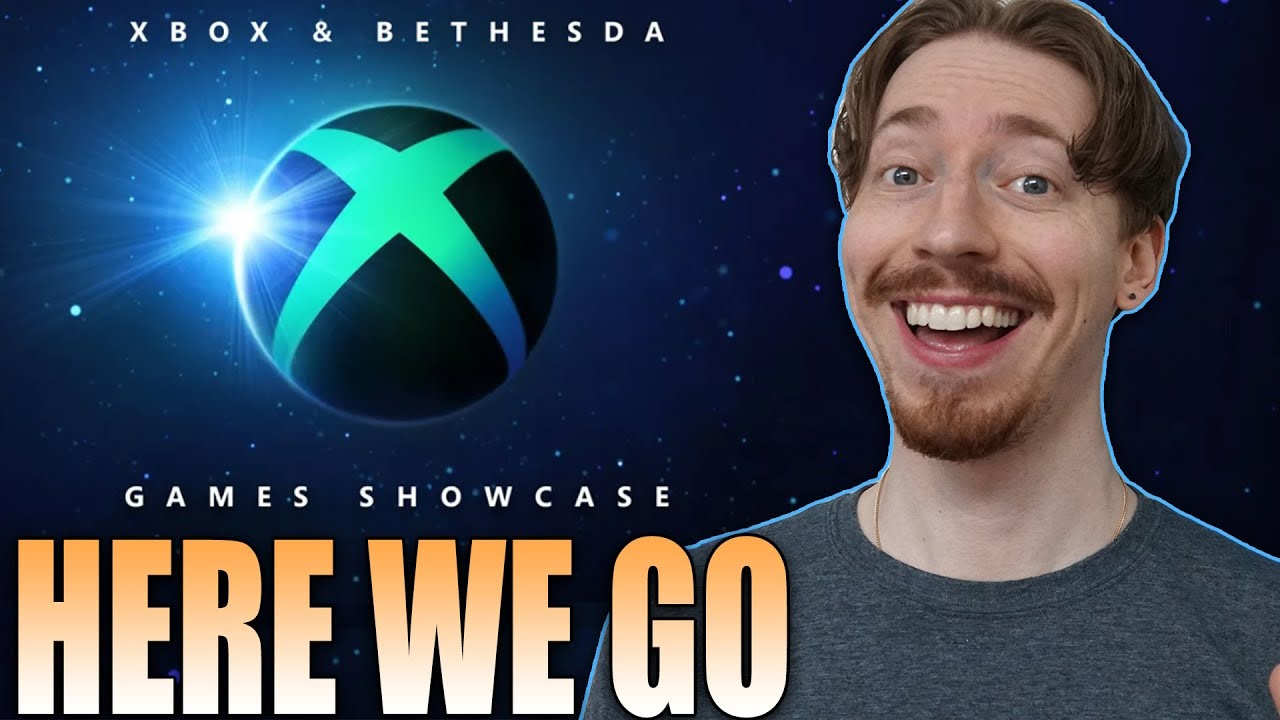 me when le microsoft/bethesda is about to announce some epic games
me when le microsoft/bethesda is about to announce some epic games
The Microsoft and Blizzard/Activision acquisition has been about a year and some change in the making. While many regulatory bodies have signed off on approval, the SEC and CMA do not currently approve of the merger without some significant tradeoffs that Microsoft doesn't want to make. While I could talk at length for the deal's intricate twists and turns (and we got a lot of them on Monday with many documents now out in the open) I think it's better to just talk about the actual value of the acquisition and why massive companies really shouldn't be doing them unchallenged.
Acquisitions, especially on the scale we're on, have very big issues that I don't think consumers have really understood. These kinds of large scale mergers generally have only begun in the 2010s in the popular consciousness with the famous Iger buys: LucasFilm, Marvel, and Fox. Out of all these mergers, it can be easy to see these as successful for a consumer- Marvel has never been bigger and LucasFilm managed to produce a trilogy and many different shows with the resources they have. Fox on the other hand is the newest and the roughest out of the mergers in general.
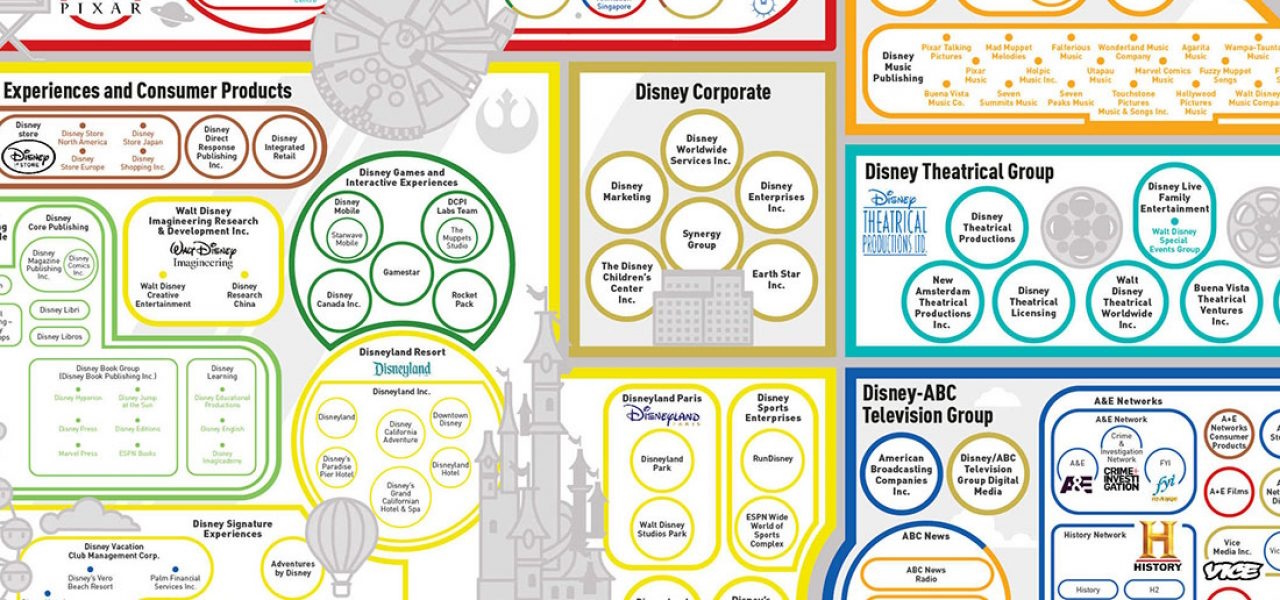
The Fox merger in part is unique because from my understanding, it was being sold off for the CEO to focus solely on the news sector. There were many interested parties and Disney did not actively seek an offer until the company's media branch was up for grabs. The other interested parties would have been bad fits. That being said, the most Disney has done with the Fox branch is stake back X-Men, turned the Simpsons into a bizarre self-hating parody of itself which inexplicably churns out shorts that are solely there to advertise the Disney+ streaming service. A lot of the other Fox projects are either stuff that came out of productions that were already in the works or just totally forgotten about, operating as its own entity until Disney figures out what to do with it.
The massive size of Disney really started to be felt here. Marvel and LucasFilm were purchases and acquisitions that were done to bolster the market Disney couldn't tap into on their own, and as weird as I feel about both purchases right now, it's arguable that Marvel needed that security especially with their Studios venture and while Star Wars didn't need Disney to keep going, it did open up that franchise to be a storytelling universe for multiple voices it probably wouldn't have had.
I struggle to feel the same way about the Fox merger, and in general a lot of my opinions on their other purchases have kind of soured. Disney was already a massive brand but it could struggle if it wasn't up to par in major ways. The ship has had to be righted by many a CEO in the past, and these purchases solely existed to corner a market they had historically always had a problem tapping into. For a lot of people, the Fox merger was sort of the breaking point and after that they haven't really made any other big purchases, although time will tell.
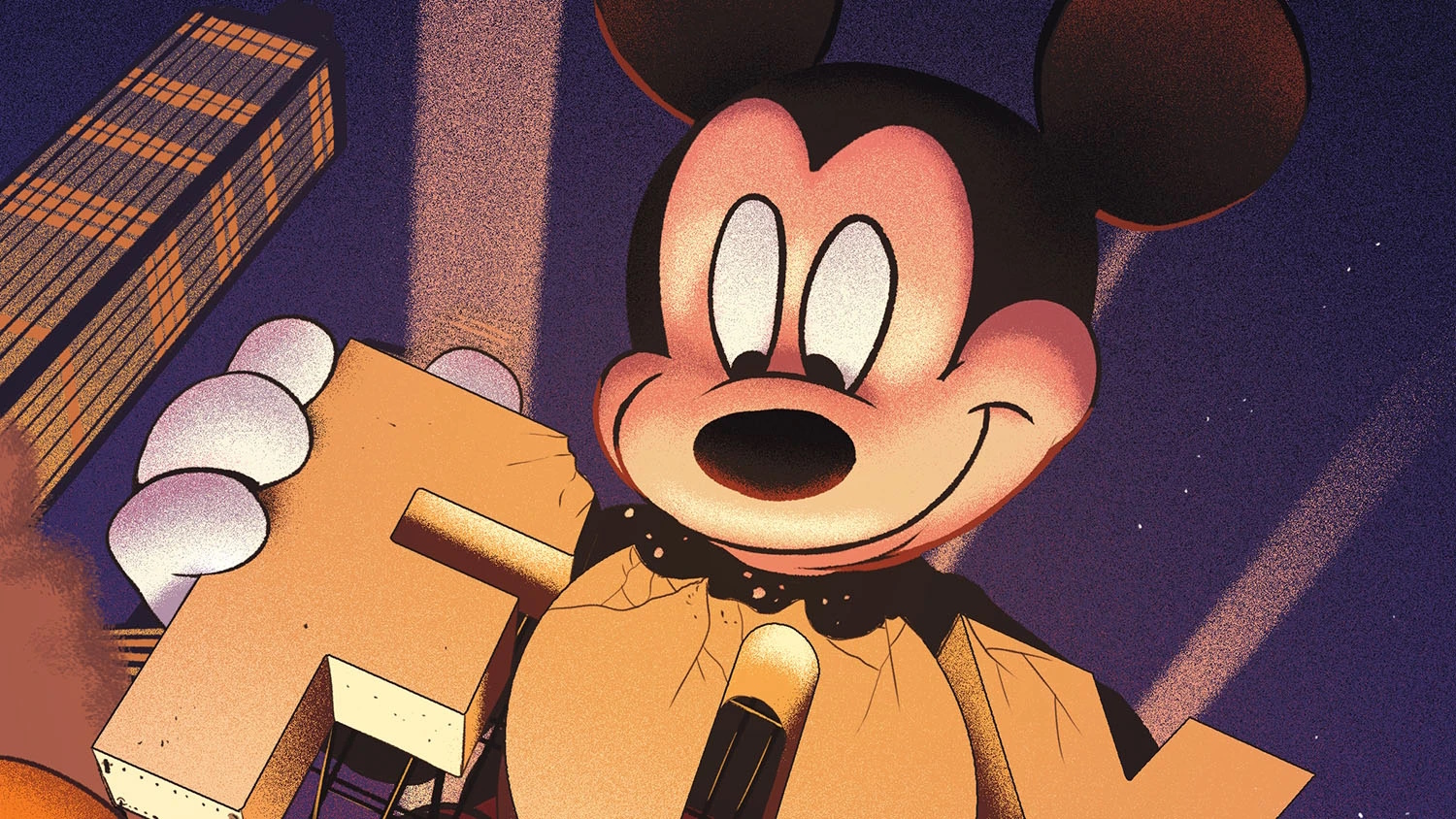 yummy corporate merger
yummy corporate merger
I think it is important to let companies fail because of their own product not delivering and thus demand drops because of that. Because Disney owns too much and effectively has cornered a lot of demographics that are profitable to it, they have to space out multiple company releases on their own schedule to avoid self-cannibalization. This also means they have less incentive to let new voices come into the room and pitch projects or for that matter, unsuccessful, more niche franchises don't matter to a larger plan when you have Star Wars and Marvel in the same room. Tron was left on the shelf for years and even now it's not clear what the strategy is for it in the long-term.
Microsoft very much wants to corner the cloud gaming market and they have a different way of going about it compared to Disney. That being said, all their talk about losing a console war and not being able to properly compete with Sony largely comes off as false given their only strategy to do so is outspend not on game development but instead acquiring other studios- studios of which do not produce games that are anyway indicative of the merger. Game development takes longer than movies and shows to make, especially with the increasing time of development now being roughly six years for a AAA release, but it's clear there isn't really a ton of benefit to being under the Microsoft house as opposed to being your own studio. People leave, you are subject to the same layoffs that everyone else in the wider company is, and you have to go along with their policies and strategies regardless if it works for you or not.
The way Microsoft has changed Minecraft is pretty eye opening, I feel. While their resources do allow the Minecraft team to expand, it is of my understanding that much of the changes that players hate are Microsoft ideas. Minecraft's store exists in the Bedrock version of the game and completely removes your ability to express yourself through skins that aren't purchased. Map packs and data packs are in this own ecosystem, with a micro-currency that doesn't translate wholly to just money.
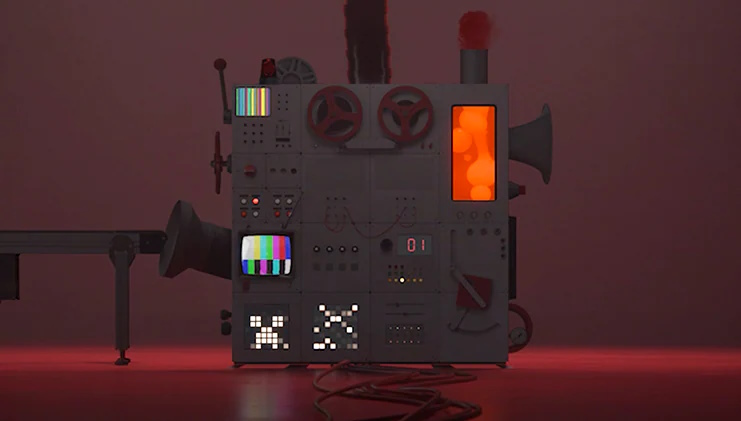 welcome to the machine
welcome to the machine
While the Mojang team does develop for two versions of the same game, how much longer can that be viable enough to keep support going for Java, which is not necessarily making Microsoft more money and isn't something they are capable of controlling? While the Java's modding scene makes Minecraft something that is a lifestyle in a infinite amount of directions, there is clearly work being done to make powerful modding tools that fit in the constraints of the Bedrock walled garden and sooner or later I imagine this sort of friction is going to snap and Java will be the first thing to go.
Microsoft also pretty blatantly doesn't want you to own your own games. Many of its titles are available through Microsoft's Game Pass service, which allows you to play games for a subscription price and the files it puts on your computers are hard or impossible to tamper with. While Microsoft plays friendly enough with its competitors now, it's doing so to introduce users back into its ecosystem and looks to lop off support after it is no longer necessary. Cloud gaming is a market that is fairly new and ripe for a consistent competitor, so it doesn't matter if Game Pass actually makes money or not, as long as it can be the largest in the space and has good word of mouth it can be successful and then nickel and dime it's content and users later after all the competition has been dealt with.
The bigger Microsoft gets, the less reason they have to put out titles under new IP. They haven't carved out big enough niches yet to constantly sift out money beyond Minecraft, which operates in a space of its own, but the companies it's interested in and are looking to buy are very much within an operating modus that suggests that they are looking to corner more niches. With the purchase of Bethesda, it was able to stake its claim into the open world genre space that people buy without question. Microsoft wants the kind of walled garden Apple and Disney have, and it'll buy its way into that if it has to.
 guys i swear if we get playtonic bought by microsoft we'll totally get banjo threeie i swearises
guys i swear if we get playtonic bought by microsoft we'll totally get banjo threeie i swearises
This is why simply buying up a company is not going to incentivize them to revive IP. The sale of Rare should be the biggest indication of that- they were given carte blanche to work on a bunch of projects that were new IP and none of them did well enough to keep the people who actually made up Rare to stay there. The new team under the Rare name had no interest in working under IP that wasn't their creations, so they went dormant, unused. Microsoft didn't capitalize from Banjo's inclusion in Smash by greenlighting a new Banjo game under a new fledging studio- they just gave merch rights to interested companies and largely didn't care to take advantage of the audience that was clearly there for the series.
None of Microsoft's new mergers have had ip revivals in the way some people seemed to hope, so why would future mergers do this? There isn't a reason to suggest this is a thing that happens because of acquisitions, and this fallacy ignores history. Games do not come out with better conditions and there's no indication that Microsoft has a company culture that Activision/Blizzard would have to adhere to, which is a bad thing in their case given how transparently awful theirs has been, historically.
With the release of new court documents (which have been extremely poorly redacted to the point where they were retracted- but we saw them!) it becomes apparent on why Microsoft needed this to be a viable strategy- and why it simply can't. I'll just say what needs to be said- these executives that run the video game industry are maybe the most idiotic strategists of all time.
Microsoft wanted to buy Square Enix solely for their mobile presence- nothing else. Microsoft probably wanted to buy King and couldn't wretch it away from the other larger entity it's a part of. These people do not care about video games, otherwise they would understand the value of letting you own them. They don't, and that's why Game Pass fails to set the world on fire despite being "a good deal"- simply put, any game you run from that service isn't yours. The model of which Game Pass runs is not clear on how it can ever be profitable- and let's be frank, it probably isn't.
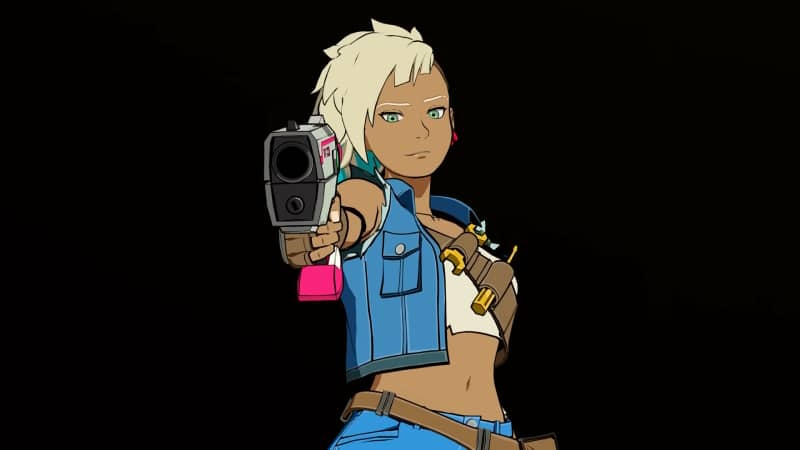 me when i need to silence a gaming journalist because it makes me look bad
me when i need to silence a gaming journalist because it makes me look bad
I think of Hi-Fi Rush, the game that was shadow dropped onto Gamepass and got a lot of press out of it. Jeff Grubb would later say that he had heard from people that it wasn't successful before people who run Gamepass, who make Hi-Fi Rush, the kind of people who would be invested in keeping up the myth that it was successful- told him he was wrong. Accounting, in media companies, is notoriously mystical in how it operates, but given Game Pass is a subscription model with the option to buy digital games to "keep" on your console it would stand to reason that Hi-Fi Rush probably indeed did not make a lot of money.
It's that parasitic bond that Grubb has to the industry that silences him. If they say it's untrue, given that they make up the rules in which something is considered a success or not, then whatever, it's untrue. But I think about it when Microsoft tries to throw a pity party in this court case about how they lost the console wars. It was never about that and you are actively cheerleading a company that could never give a damn about what you wanted or for that matter, understand its employees. It's rich to see that Microsoft wants to buy Bungie and Playtonic Games, both companies with a portfolio of battered employees abused by previous regimes of Microsoft. They do not value their employees in that way, and they do not value you.
In all earnest, this goes for all big companies interested in acquisitions. Smaller companies
can benefit from merging together since it provides actual value on levels that are very significant. At the size of Microsoft and Disney, however, they have literally spreadsheets marking out the value of potential acquisitions, interested in only one factor of what they can offer to the bottom line of the factory floor. The main thing about power, and why this should have always been under more scrutiny, is that regimes often change. CEOs can stick around for quite a long time but once you pass the baton to someone else, you deal with their ideas and their changes they want to enforce.
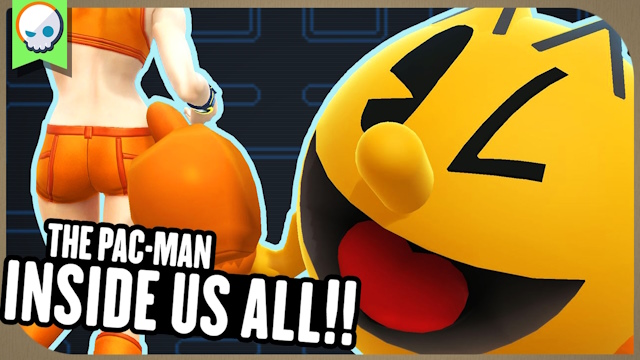
It's generally understood that all big companies with new management that cycle in like a revolving door generally do not like carrying the last regime's projects, dumping them or offering no real help or value to the final project. Zaslav for instance, took a look at The Flash and had his regime film a new ending- a final joke that muddies the water for the upcoming DC reboot and very likely helped tank the film (although there are certainly other factors at play with The Flash- look forward to that in the future). Dana Terrace certainly has a couple industry horror stories of dealing with changing attitudes of new higher ups canceling the rest of her season 3 order, forcing a resolution that undoubtedly was crammed but still done with artistry that ultimately paved the way to prove that the show had the audience higher ups didn't believe it had.
Executives are either very smart or very dumb. They know how to pinch a good penny, they know how to not burn down the whole building, and some even know how to greenlight good projects. It should not surprise you when they invest money into machines that "help" in that greenlighting process, as if the mere act of knowing when you see a good pitch and knowing the right people for it is not your job. Stephen Hillenberg could never pitch his "SpongeBoy" project to modern day Nickelodeon executives because these higher up class acts don't know how to discern a good project from a bad one.
The top brass is so out of touch with their audience- the one thing they should probably understand for their job- that they generally don't seem to actually do any sort of research into what responses their finished productions even do. How did The Idol get greenlit with the writer of the worst Euphoria episodes- ones that would make his name go trending because so many people couldn't stand his bullshit writing- and emerge as one of the premier shows for the relaunch of a streaming service?
Naturally, if the executives behind massive decisions for massive companies have such a declined job performance, surely they should be fired. The Jim Ryans and the Phil Spencers of the world may be slightly better with the occasional forum poster praising them for whatever statement of the week gets touted out, but their conversations over emails and texts suggest a pair of leaders who have no idea what they're doing, but also in some way are also invincible to consequences of each other.
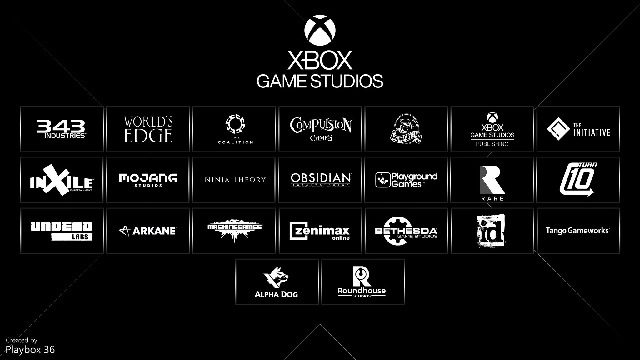
You do not get Banjo-Threeie if Microsoft decides to purchase Playtonic. You do not get a follow up to Fallout New Vegas since both companies are under the same label now. These companies are in theory, working on other projects already, but Microsoft is so out of touch with it's own development teams that it apparently had no idea that the dev team with Redfall was absolutely apathetic to how it turned out and for that matter, launched it in a buggy state that was deemed "acceptable" enough to their own internal algorithms that couldn't possibly predict the real score it got or the lack of interest from consumers.
Microsoft is both not tuned in enough to understand the demand of the people who are sick enough to think a merger with another company will net them a thing they want, but also don't seem tuned in enough to their own internal workings to actually produce any games they feel proud of. Phil Spencer downplays Starfield, their major release this year, in the same interview where he dances around the flop of Redfall in a depressive stupor, acting more real than he ever has been because he knows he's losing money and he's not getting good news to report back. Starfield, for the record, was originally digital only before it was reversed- but only for the standard edition. The editions you pay more for are also the ones you won't own- because again, the real motivation that drives Microsoft is a plan to eradicate the idea of ownership of media. Everything is streaming, subject to being taken out of a digital river should enough people not pay for the privilege to panhandle, or your digital purchases easily taken away should they find you in the wrong for whatever reason.
There are no laws against this idea, although there should. They would probably petition against it, lobby and get chummy with the courts across the world. The digital landscape is both the dream of any media executive while at the same time proving to be the worst nightmare should customers strike back by caring. Virtual protests, virtual boycotts, all of it doesn't harm the executive- but if you do real damage they suddenly give a shit and are willing to tuck away pride flags and the acceptance of queer identities should enough violent alt-right jackasses get their hands dirty.
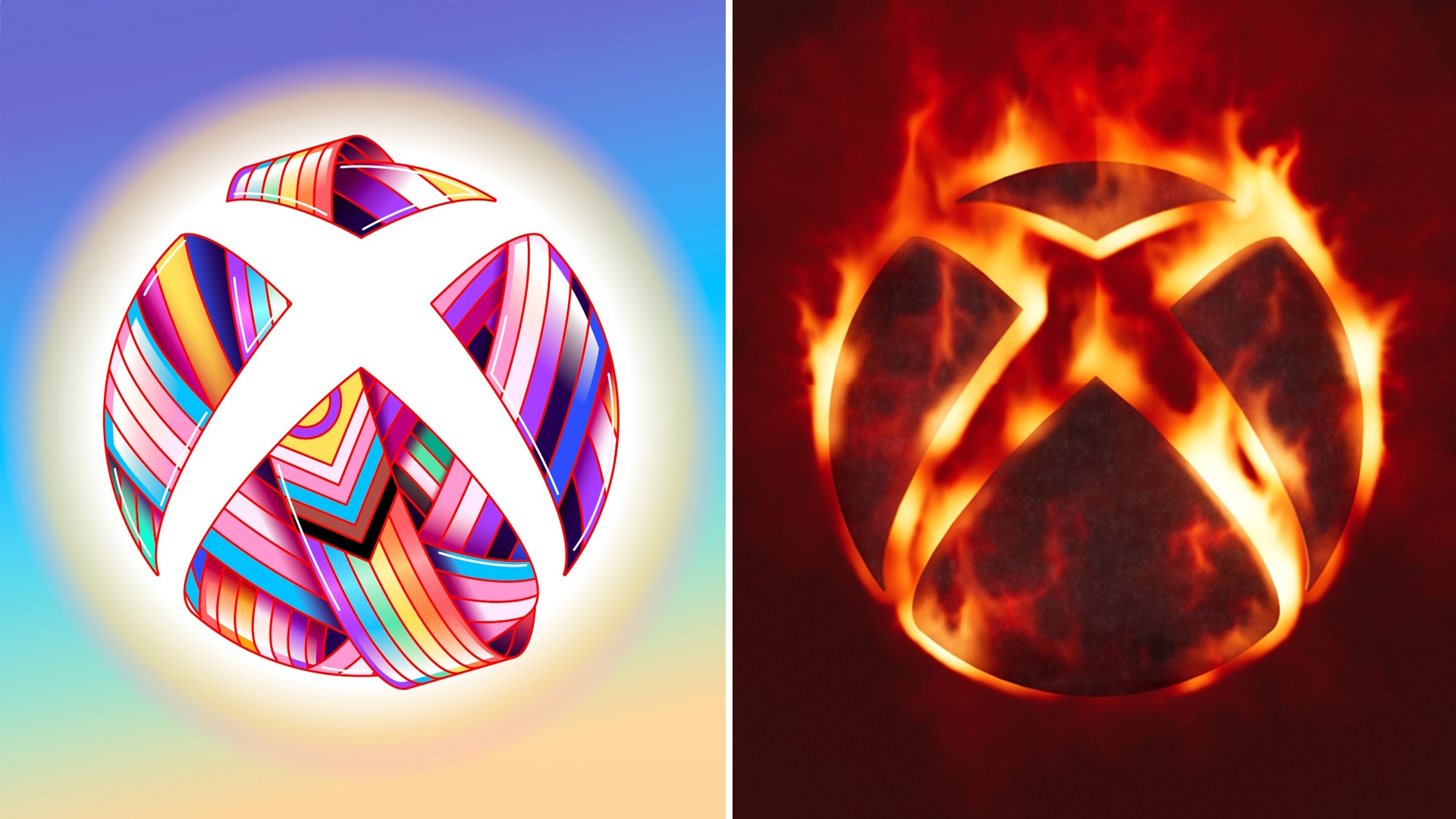 does anyone know if theres any historical context to queer identities and burnings
does anyone know if theres any historical context to queer identities and burnings
The reality is that none of these companies have your best interests. Cloud gaming can very easily be monopolized and at the current model, is likely taking a loss until it gets to the point where growth is impossible, in which they'll make the service actively worse. They will not make games that revive IP you like. They don't even do a good job with the teams they have. It should not surprise you that these companies want to make money, but they also want to do so in a way that lacks the understanding of the markets they're supposed to be leading because actually being in tune with your user base means understanding consumers- and they don't care to do that because it's not real to them.
Every time you're mad about something, unless you're joined in a chorus of millions, they will not hear you. They'll place the blame on you for their own shitty work practices and they'll ignore what you actually like if it makes less profit than something else. Stop cheerleading for companies to merge into a untenable mass, a mess of resources and purchases that at one point served a purpose for five regimes ago but now just make a pirate video game that failed to set the world on fire- and yet they pour money into it since it's one of the few things that at least kind of worked.
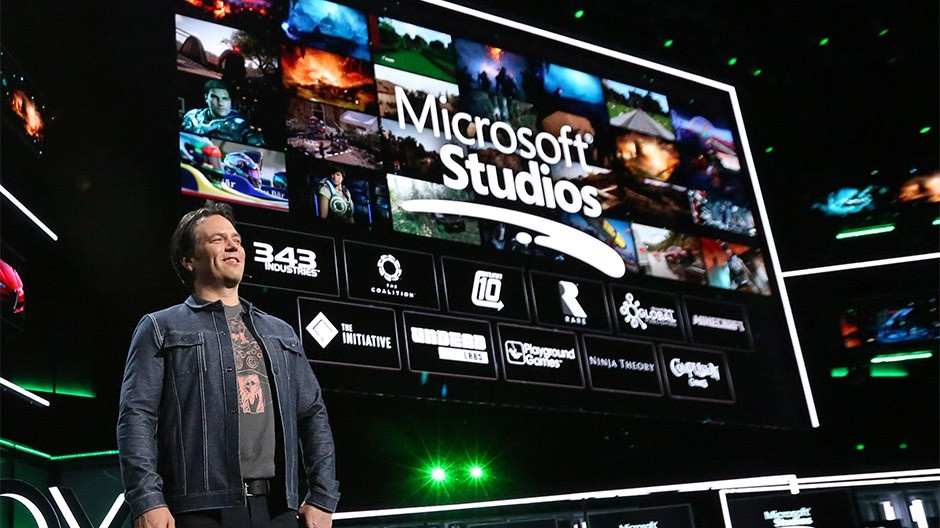 hi folks im phil spencer and we lost the console wars. ill do something bad if we dont get activision/blizzard right on stage, so your choice, FCC
hi folks im phil spencer and we lost the console wars. ill do something bad if we dont get activision/blizzard right on stage, so your choice, FCC
You shouldn't be in favor of acquisitions that "fit the brand"- the jump from third party to first party generally means the talent you actually like leaves pretty soon after unless they hold a significant stake within the company and deal itself. Given how teams generally work better as a unit as opposed to a sole creative mind with a rotating cast of contracted work, don't be in "favor" of an acquisition for a massive company. Chances are that they are already struggling to figure out how to spend less time and money for games with expectations that are purposely just unattainable to anything but the most expensive productions.
Anyone who's been in the game long enough tells you that acquisitions are not beneficial except to the top. If you like artists and their work, you should not be in favor of a larger corporation buying out the company they work out- it gets you nothing, it usually nets them nothing, and the only ones who benefit are shareholders, stockholders, and the top brass in charge. So stop cheerleading it on, especially in an industry that already doesn't have your best interests.











